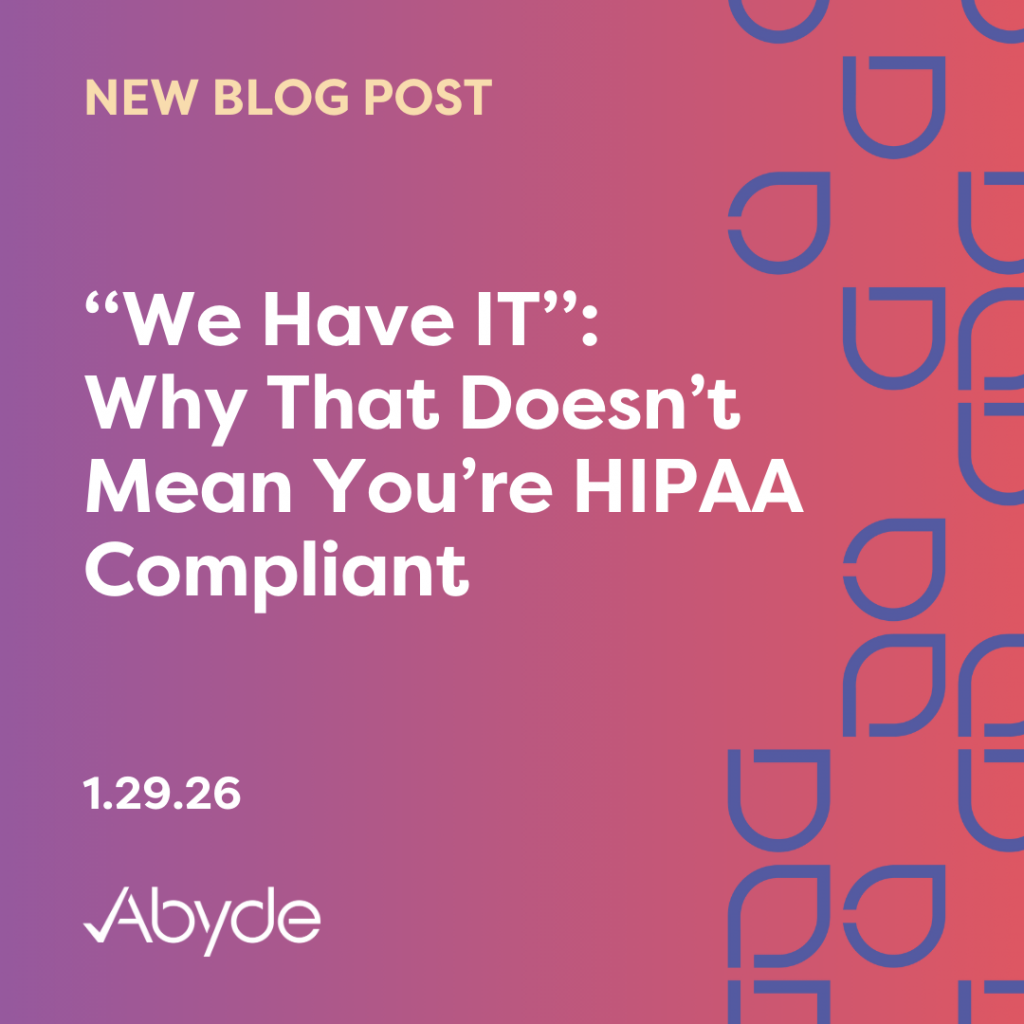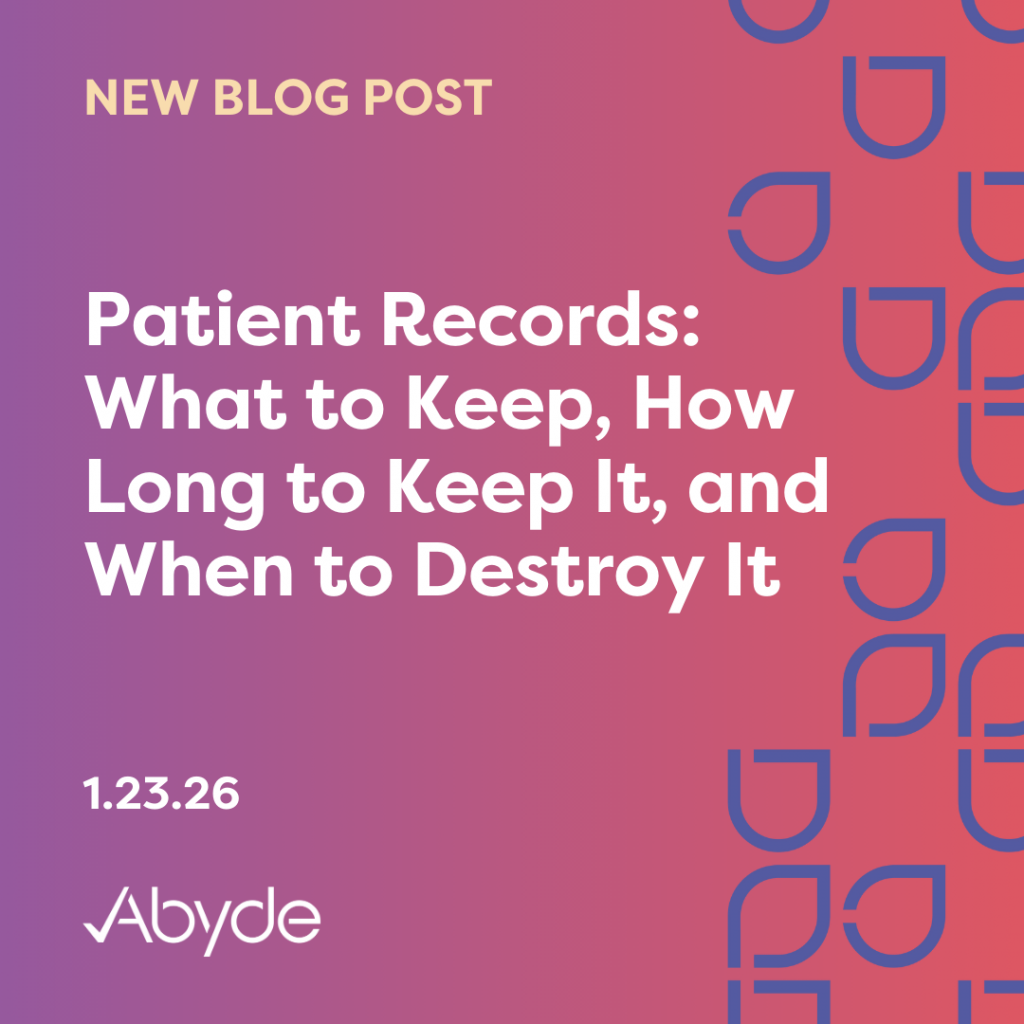Case Study: Passing an OCR HIPAA Audit
A Lesson in Why Documentation is Key to Avoiding Hefty Fines

What you’ll learn:
- The Importance of Proactive HIPAA Compliance: Understanding the importance of a strong HIPAA compliance program before an incident occurs.
- The Consequences of Non-Compliance: Discover the potential risks associated with HIPAA violations.
- The Requirements of a HIPAA Audit: See what the Office For Civil Rights is looking for during an audit.
- The Significance of Incident Response: Learn how to respond effectively to a breach, including reporting to authorities and implementing corrective measures.
- The Role of Documentation: Understanding the importance of maintaining detailed documentation of HIPAA compliance activities, including policies, procedures, and training records.
- The Benefits of Expert Support: Recognizing the value of seeking guidance from HIPAA experts while navigating a HIPAA audit.
No organization is immune to a HIPAA violation, especially when a cyberattack or patient complaint is out of your control. The best way to protect your business? Have a complete HIPAA compliance program in place before an incident occurs.
Download our case study to hear from a current Abyde customer how a stolen laptop triggered an Office for Civil Rights (OCR) investigation, and how having Abyde helped them avoid catastrophic fines.
Who this is for:
- All healthcare employees that must understand and adhere to HIPAA regulations.
- Practice managers responsible for managing healthcare practices.
- HIPAA compliance officers who would be the point of contact if a breach occurs.
- Healthcare providers who operate small practices and may have limited resources when navigating an audit.
- Anyone who wants to learn more about the HIPAA audit process.

